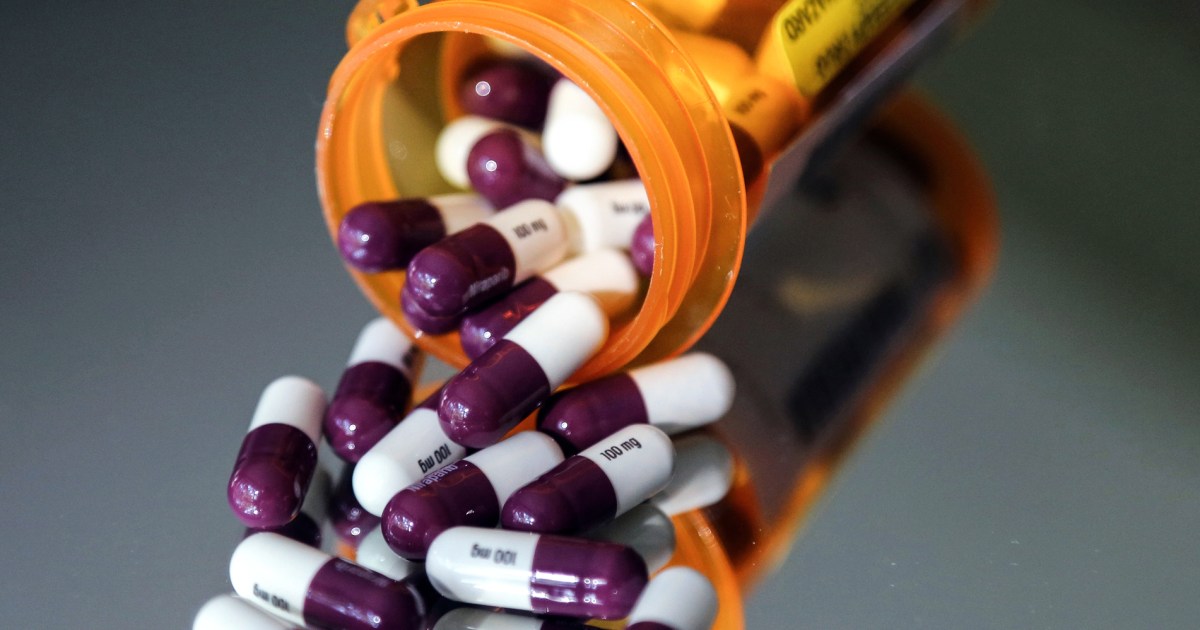President Trump has issued a bold directive to major pharmaceutical companies, demanding significant reductions in prescription drug prices within a tight 60-day deadline, reigniting a contentious debate over healthcare costs in the United States. This move targets the notoriously high expenditures Americans face for essential medications.
The core of his mandate, conveyed through letters published on his social media platform Truth Social, requires drug manufacturers to offer their full portfolio of existing medications to Medicaid patients at the same, often lower, prices paid in foreign markets. This “global pricing parity” aims to alleviate the financial burden on vulnerable populations and ensure fairer access to vital treatments.
Furthermore, Trump instructed these companies to guarantee that patients covered by Medicare, Medicaid, and private insurance plans receive similar international pricing for all newly approved drugs, effective immediately upon launch and continuing thereafter. He also pressed for the repatriation of any excess revenues earned abroad back to U.S. taxpayers, asserting that profits derived from higher foreign prices should benefit American citizens.
An additional, innovative demand included the creation of a “direct to consumer” option for specific medications, aiming to provide a more affordable pathway for patients to access vital drugs, bypassing traditional distribution markups. This approach seeks to simplify the supply chain and directly reduce costs for consumers struggling with healthcare expenses.
Trump emphasized the need for a collaborative effort towards achieving this “global pricing parity” as the most effective solution for all stakeholders—companies, the government, and American patients. However, he also issued a stern warning, vowing to deploy “every tool in our arsenal” to combat “abusive drug pricing practices” if the pharmaceutical industry fails to comply with his demands.
Despite the assertive tone, experts remain skeptical about the President’s unilateral authority to enforce such widespread price reductions without congressional intervention. Industry analysts, particularly those focused on healthcare costs and the pharmaceuticals sector, suggest that a mere presidential letter might not suffice to compel pharmaceutical giants to drastically alter their established pricing structures.
The President’s initiative comes amidst long-standing grievances regarding the exorbitant cost of prescription drugs in the U.S., which are notoriously higher than in many other developed nations, sometimes by hundreds of percent. Public opinion surveys consistently show that a significant majority of American adults find medication costs unaffordable, highlighting the widespread nature of this economic burden.
Interestingly, the current administration also possesses a mechanism for addressing drug costs: Medicare drug pricing negotiations, established through the Inflation Reduction Act signed by President Joe Biden. This provision empowers Medicare to negotiate prices on the most expensive medications, offering another avenue for potential cost containment in the ongoing battle against high healthcare costs.
The letters were specifically addressed to 17 prominent drugmakers, including pharmaceutical giants like Eli Lilly, GSK, Pfizer, Merck, Johnson & Johnson, Amgen, Novo Nordisk, and Novartis, underscoring the broad scope of Trump’s challenge to the industry and the potential impact on major players in the global pharmaceutical market.






Leave a Reply